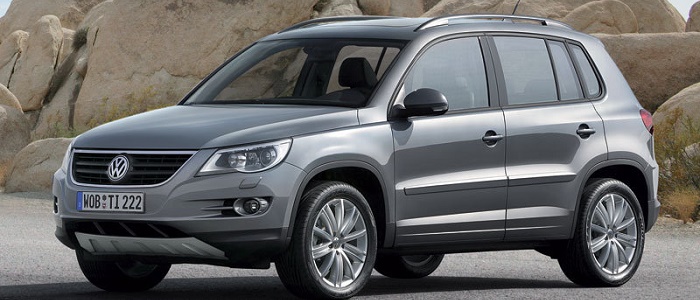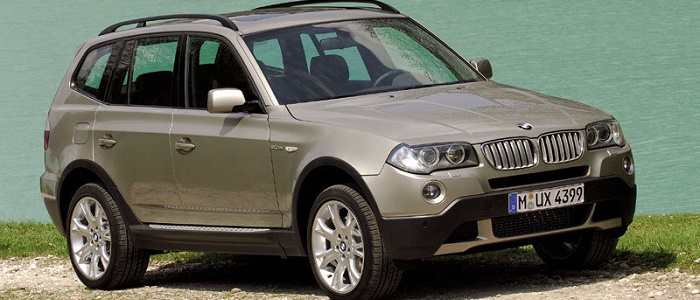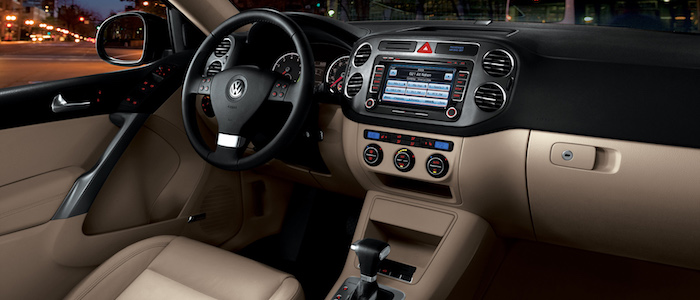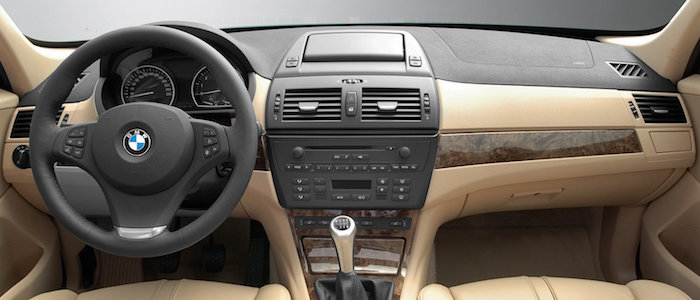Compare two cars
Compare any two cars and get our Virtual Adviser™ opinion
Marketing
Dimensons & Outlines
Engine
Performance (manual gearbox)
Performance (automatic gearbox)
Expenses
Virtual Adviser's™ opinion
Two significantly similar cars, no doubt about that. Still, each one has something different to offer. Having both cars powered by petrol engines and utilizing the 5-door suv body style within the same 'SUV' segment, the only major difference here really is their wheel drive configuration (front for the Volkswagen and 4 x 4 in the case of the BMW). The first one has a Volkswagen-engineered powertrain under the hood, a 4-cylinder, 16-valves 122hp unit, while the other one gets its power and torque from a 4-cylinder, 16-valves 150hp engine designed by BMW.
SafetyThe first thing to look into here would be the results from European New Car Assessment Programme (Euro NCAP) tests performed on the two cars. Good thing is that both vehicles got tested, with the Volkswagen being a slightly better choice apparently. Moving further on, let's take a closer look at some additional safety-related facts. Both vehicles belong to the suv segment, which is generally a very good thing safety-wise, but it doesn't do much to help us decide between the two. On the other hand, taking kerb weight as an important factor into account, BMW X3 offers a considerable difference of 15% more metal.
ReliabilityManufacturers have been building their reliability reputation for decades now and, generally speaking, it appears that Volkswagen does have a slight advantage, all the models observed together. These are the official statistics, while our visitors describe reliability of Volkswagen, as well as BMW, with the same average rating of 4.2 out of 5. Some independent research have also placed Tiguan as average reliability-wise, and X3 is more or less at the same level.That apart, owners of different cars powered by the same engine as Tiguan rank it on average as 4.5, while the one under the competitor's bonnet gets 4.3 out of 5.
Performance & Fuel economyVolkswagen is a bit more agile, reaching 100km/h in 0.6 seconds less than its competitor. Still, it lacks the power to win the top speed competition, topping at 184 kilometers per hour, 14km/h less than the other car. When it comes to fuel economy an obvious choice would be Tiguan, averaging around 6.5 liters of fuel per 100 kilometers (43 mpg), in combined cycle. That's 38% difference compared to BMW X3!
Verdict
Volkswagen appears just a bit more reliable, although the difference is truly marginal. The most important thing when deciding between any two vehicles should always be safety, both passive and active. In this case though, it seems that both cars show similar levels of passenger protection all together, so that won't break a tie. But one thing that actually could is the performance, with Volkswagen offering somewhat better performance, just enough to call it quicker. To make things even better, it consumps less fuel! All together, there's not much more to say, in this case I wouldn't even consider anything but Volkswagen. Nevertheless, let's not forget that people have different preferences and needs, so what really counts is your personal feel. I'm only here to help. In case you have two minutes to spare I invite you to define your needs, desires and budget and see which car would be chosen by the virtual adviser™, among more than 12.000 different ones in our database.

































